Mark Carney Secures New Term as Canadian Prime Minister Amid Rising Tensions with US
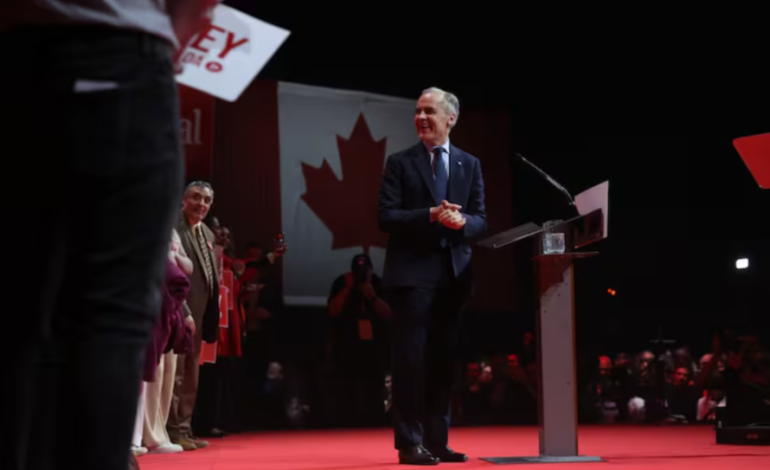
Mark Carney will remain Prime Minister of Canada following a projected victory for the Liberal Party in Monday’s federal election, according to CBC and Radio Canada.
While early results indicated the Liberals had secured the most seats in Parliament, it remained unclear whether they had achieved an outright majority in the 343-seat House of Commons.
Carney’s win marks a significant political turnaround for the Liberal Party, which had trailed in the polls until an intensification of anti-Canada rhetoric and economic threats from US President Donald Trump shifted the national discourse. Trump’s controversial remarks—including suggestions that Canada become the 51st US state—were seen by many as a catalyst for a surge in Canadian nationalism, ultimately benefiting Carney’s campaign.
In a victory speech delivered in Ottawa, Carney emphasized national unity and resilience in the face of what he described as unprecedented external pressure.
“We are over the shock of the American betrayal, but we should never forget the lessons,” he told supporters.
He warned of challenging times ahead, pointing to Trump’s trade measures and sovereignty-related threats as signals of a shifting geopolitical landscape.
The election results dealt a blow to the Conservative Party, whose leader Pierre Poilievre had been favored earlier in the campaign. Poilievre’s campaign—focused on inflation, cost-of-living concerns, and criticism of the previous Trudeau government—was overshadowed by Trump’s escalating trade war and political rhetoric toward Canada. In his concession speech, Poilievre acknowledged the loss and committed to continuing his leadership and advocating for Canadian interests.
While votes were still being counted in some districts late into the night, the Liberals appeared to perform strongly in key provinces like Ontario and Quebec, although the final seat count would determine whether Carney would lead a majority or minority government. A minority would require cooperation with smaller parties such as the Bloc Québécois or remnants of the New Democratic Party (NDP), whose leader Jagmeet Singh announced his resignation after a poor showing.
Carney, a former central banker with global economic credentials, had never held elected office before assuming leadership in March following Justin Trudeau’s resignation. His technocratic, centrist image and campaign emphasis on experience and stability were seen as an appealing contrast to the unpredictability of cross-border tensions and domestic political fragmentation.
Throughout the campaign, Carney framed the election as a moment of reckoning in Canada’s relationship with its largest trading partner. Trump’s decision to impose steep tariffs on Canadian exports—including steel, aluminum, and automobiles—coupled with threats to further expand duties, created economic anxiety among voters. Carney pledged that revenues from Canadian counter-tariffs would directly support domestic workers and industries.
Internationally, Carney has signaled a shift in Canadian foreign policy. His first prime ministerial trip abroad was to Europe, where he met with British and French officials to discuss closer economic and security ties. He has left open the possibility of continued dialogue with Trump but made clear that Canada’s long-term strategy would involve diversifying its global partnerships.
With input from BBC, the Associated Press, the New York Times, and CNN.
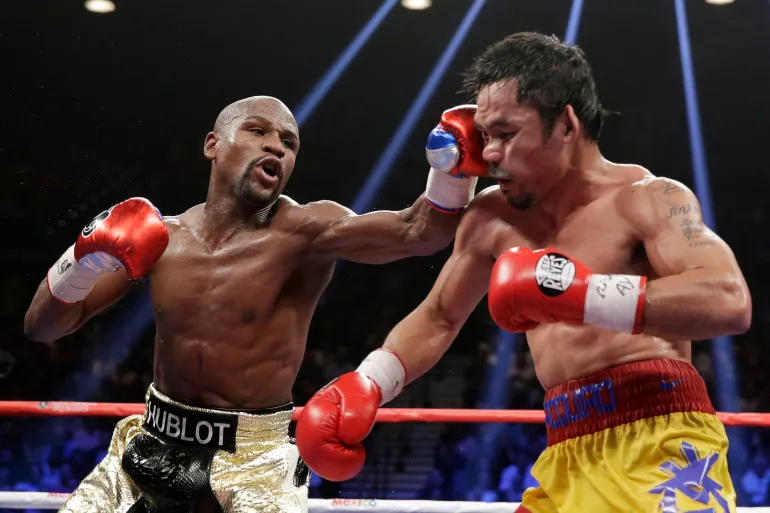

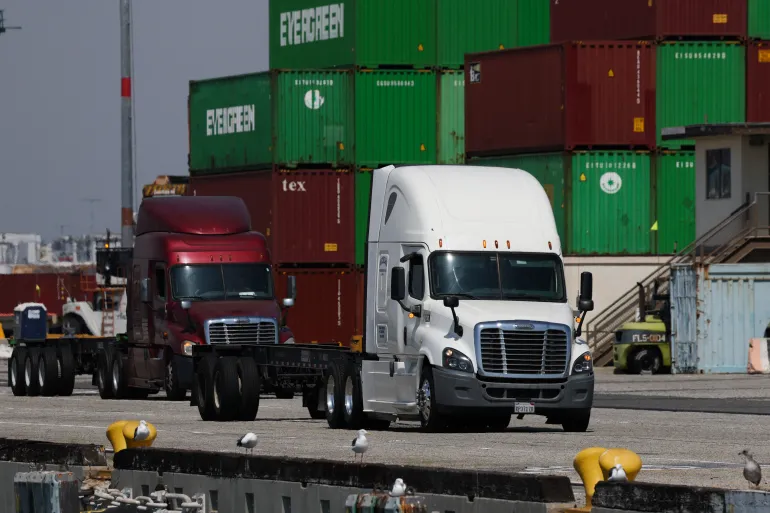
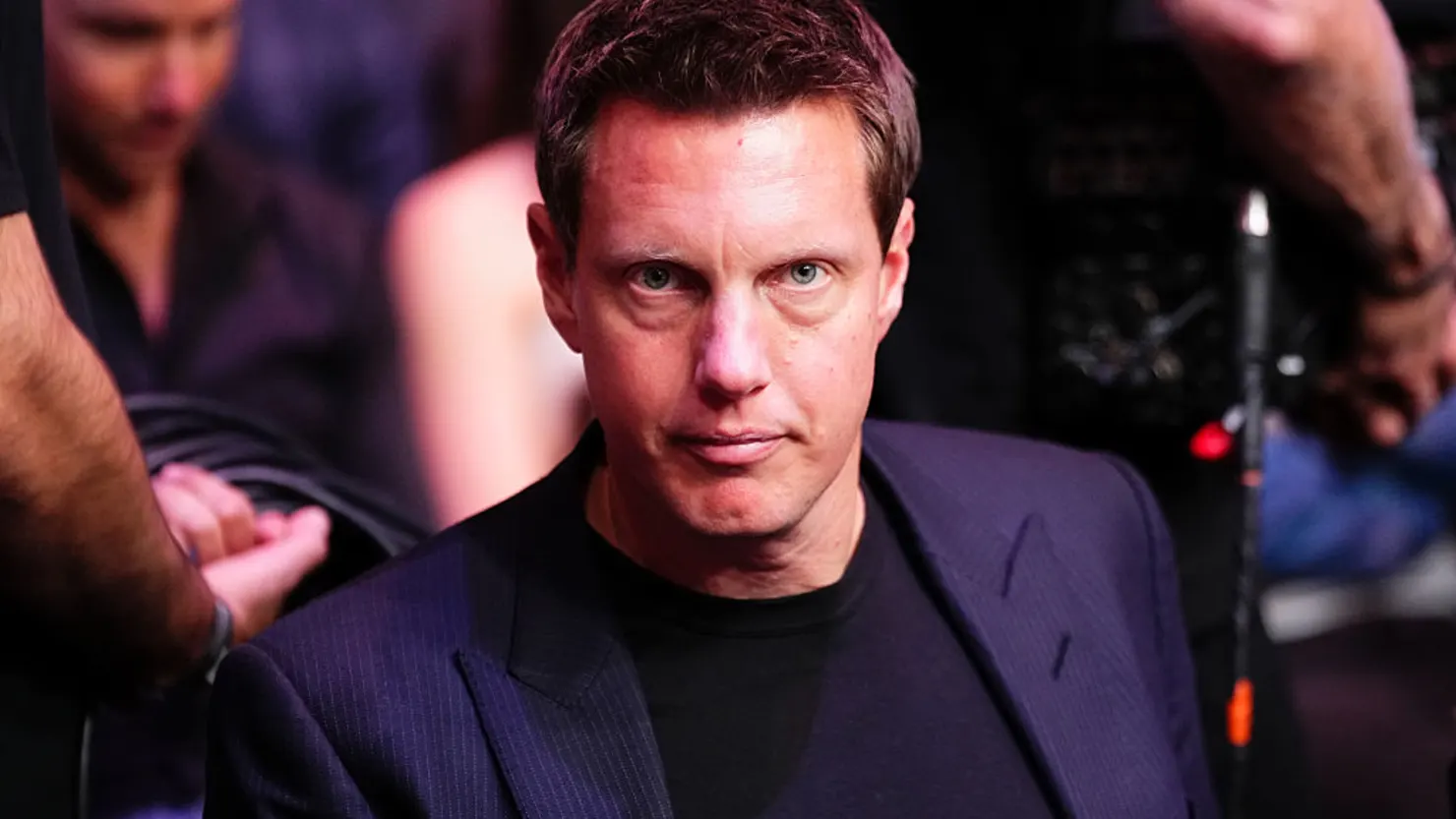
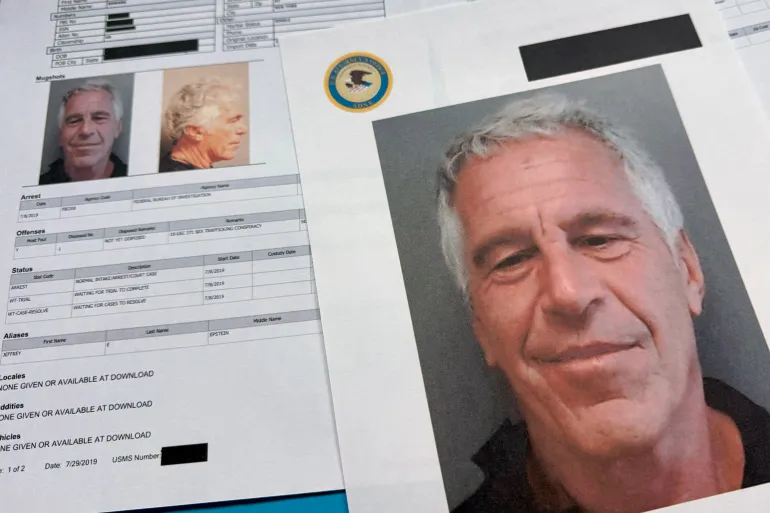




The latest news in your social feeds
Subscribe to our social media platforms to stay tuned